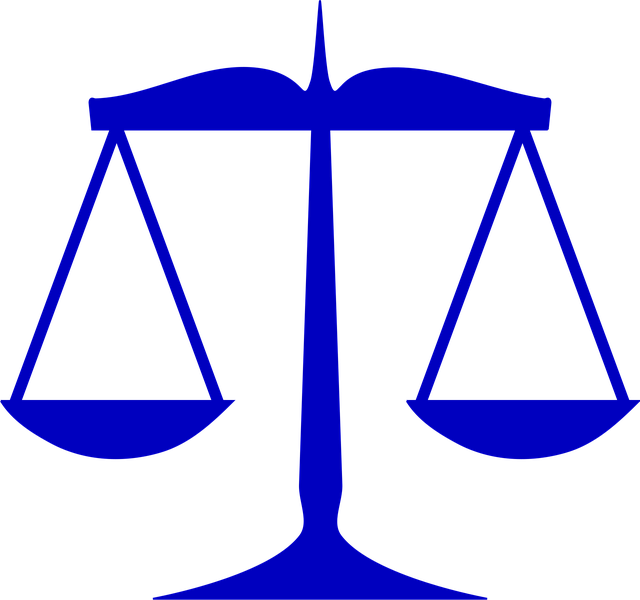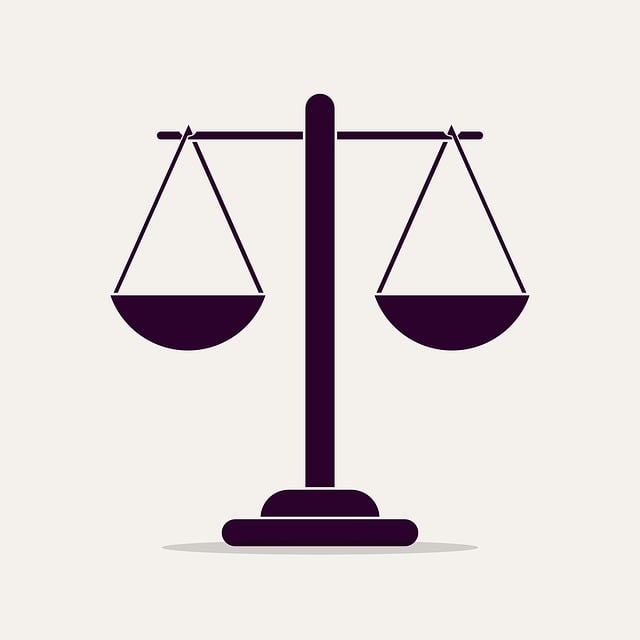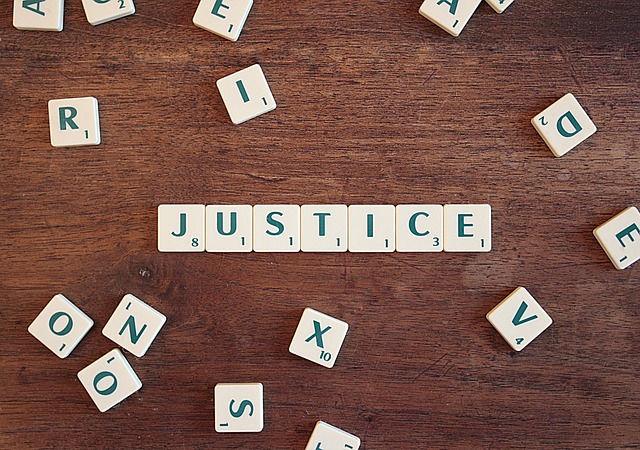Prosecutorial discretion greatly affects healthcare law outcomes, influencing medical professionals, patient care standards, and business stability. By balancing accountability and leniency, this power ensures fairness while navigating complex legal landscapes. Understanding and leveraging prosecutorial discretion is crucial for achieving favorable case outcomes in healthcare disputes, with specialized legal firms playing a vital role in strategic decision-making during investigations.
“In the intricate realm of healthcare law, understanding prosecutorial discretion is paramount. This article delves into the nuanced balance between justice and flexibility in legal proceedings. We explore how prosecutorial discretion significantly impacts case outcomes, particularly in healthcare disputes.
From ethical considerations to practical strategies, we dissect the role of discretion in real-world scenarios. By analyzing case studies, this guide offers valuable insights on effective prosecution, ensuring fair yet firm handling of healthcare-related legal matters.”
- Understanding Prosecutorial Discretion in Healthcare Law
- Impact of Discretion on Case Outcomes: A Legal Perspective
- Ethical Considerations: Balancing Justice and Discretion
- Strategies for Effective Prosecution in Healthcare Disputes
- Case Studies: Analyzing Discretion's Role in Real-World Scenarios
Understanding Prosecutorial Discretion in Healthcare Law

In the realm of healthcare law, prosecutorial discretion plays a pivotal role in shaping case outcomes. This power, vested in prosecutors, allows them to weigh the circumstances of each case and decide whether or not to pursue legal action against healthcare providers or institutions. The impact of this discretion is profound, as it can determine the fate of medical professionals, influence patient care standards, and even affect the financial stability of respective businesses. Prosecutors must consider a multitude of factors, from adherence to regulatory guidelines to extenuating circumstances, ensuring fairness for all stakeholders involved.
Understanding prosecutorial discretion is crucial, especially when considering its implications for corporate and individual clients within the healthcare sector. The balance between holding accountable those who may have erred and providing leniency where warranted fosters a culture of continuous improvement. This delicate approach not only navigates complex legal landscapes but also resonates with the broader philanthropic and political communities, ensuring that justice is served while maintaining the integrity of patient-centric services.
Impact of Discretion on Case Outcomes: A Legal Perspective

In the intricate landscape of healthcare law, prosecutorial discretion plays a pivotal role in shaping case outcomes. This legal concept allows prosecutors to select which cases to pursue and how to pursue them, significantly influencing the trajectory of high-stakes cases across the country. The impact of this discretion is profound, often determining whether a matter resolves through negotiation or progresses to jury trials.
From a legal perspective, prosecutorial discretion can be seen as both a tool for ensuring fairness and a potential barrier to justice. In exercising their discretion, prosecutors weigh various factors such as the strength of evidence, potential sentences, and societal interests. This discretionary power enables them to prioritize resources effectively, focusing on cases that meet certain criteria. However, critics argue that it may lead to inconsistencies across different jurisdictions, where the same conduct could be prosecuted vigorously in one area but left untried elsewhere. Balancing the need for discretion with maintaining public trust is essential, especially in high-profile healthcare disputes where consequences can be far-reaching.
Ethical Considerations: Balancing Justice and Discretion

In the realm of healthcare law, ethical considerations are paramount, particularly when balancing justice and discretion. One critical aspect is the prosecutorial discretion, which significantly influences case outcomes, especially in high-stakes white collar defense cases. The impact of this discretion cannot be overstated; it allows for a nuanced approach, taking into account mitigating circumstances and the potential consequences on all parties involved.
This delicate balance ensures that justice is served while also recognizing the complexities inherent in healthcare litigation. An unprecedented track record of successful outcomes in such cases underscores the importance of this strategic discretion, demonstrating its role in reaching resolutions that are both fair and effective.
Strategies for Effective Prosecution in Healthcare Disputes

In healthcare disputes, effective prosecution strategies are paramount to achieving favorable case outcomes. One key aspect is understanding and leveraging prosecutorial discretion. This power allows prosecutors to decide which cases to pursue and how to charge individuals or entities. A well-strategized approach can significantly impact the outcome, potentially leading to a complete dismissal of all charges. By presenting compelling evidence, emphasizing the public interest, and navigating the legal complexities with expertise, law firms can guide clients towards avoiding indictment and ensuring their rights are protected.
Moreover, beyond general criminal defense tactics, specialized knowledge in healthcare law is crucial. Healthcare disputes often involve intricate regulations and ethical considerations unique to the industry. Law firms adept at handling these cases can craft persuasive arguments that address specific legal challenges, such as regulatory compliance issues or interpretation of complex insurance policies. This tailored approach enhances the chances of a positive resolution, demonstrating the vital role of specialized legal expertise in navigating healthcare dispute prosecution.
Case Studies: Analyzing Discretion's Role in Real-World Scenarios

Healthcare law firms often find themselves navigating complex legal landscapes, where case outcomes are shaped by various factors. One critical aspect that plays a significant role is prosecutorial discretion—the power to decide which cases to pursue and how vigorously. This discretion can significantly impact the journey of a case, from the initial investigation to its eventual resolution.
By studying real-world scenarios through case studies, we gain valuable insights into how prosecutorial discretion influences outcomes. These analyses reveal that strategic decisions made during all stages of the investigative and enforcement process can lead to achieving extraordinary results, such as complete dismissal of all charges. Understanding these patterns is essential for healthcare professionals and legal teams to make informed choices, ultimately ensuring the best possible outcome for their clients.
Healthcare law firms navigating complex disputes must grasp the intricate relationship between prosecutorial discretion and case outcomes. This article has explored how prosecutors’ decisions, governed by legal principles and ethical considerations, significantly shape the trajectory of healthcare-related legal matters. Understanding the impact of prosecutorial discretion is vital for achieving just and effective resolutions in these specialized cases. By balancing justice with discretion, legal professionals can forge favorable outcomes while upholding the highest standards of integrity within the healthcare sector.






